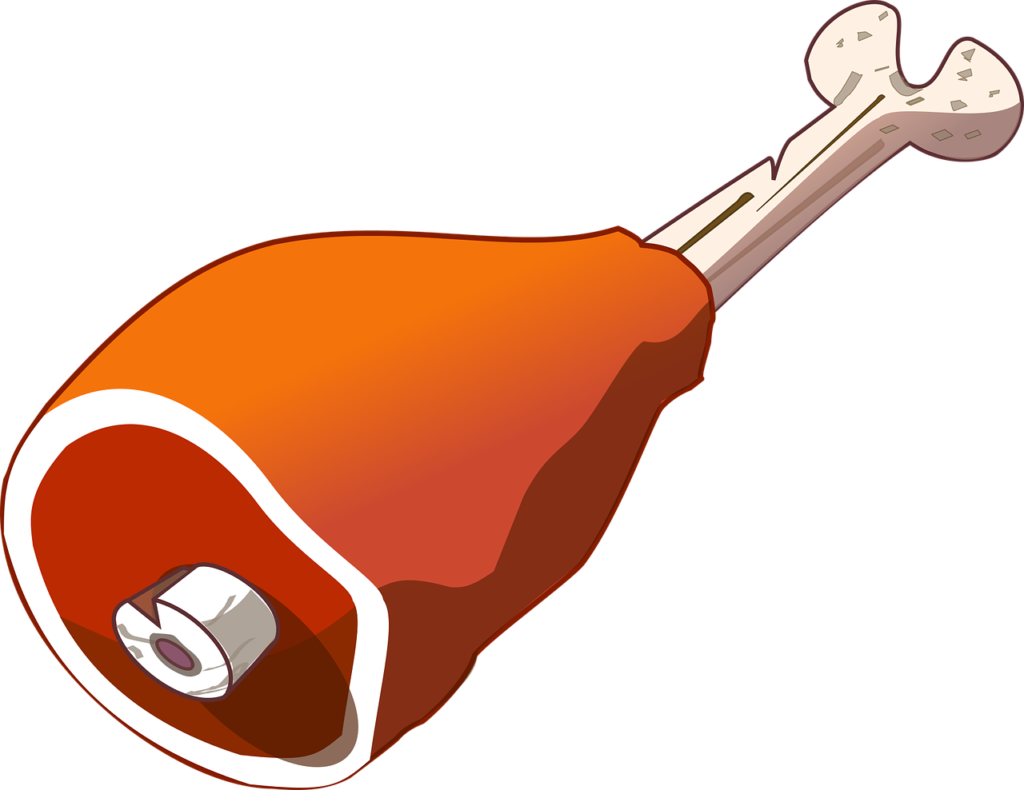Protein is an essential building element for your canine companion’s health, since it plays an important part in many body activities. This post will discuss the importance of protein for dogs, why it’s necessary, and how to make sure your pet is getting enough of it.

Understanding a Role of Proteins for dogs:
Protein is more than simply a food; it plays an important role in maintaining your dog’s overall health. Protein is required for a variety of physiological tasks, including muscle growth and repair, as well as maintaining a healthy coat and immune system. The first step in feeding your dog a nutritious, well-balanced diet is acknowledging its significance.
Sources of Protein for Dogs:
To satisfy your dog’s nutritional requirements, you must diversify his protein sources. Animal-based proteins like chicken, beef, or fish are commonly found in high-quality dog meals. Dairy and eggs can also help you achieve a balanced protein consumption. By balancing these sources, you can guarantee that your dog gets a variety of amino acids that are necessary for good health.

Protein For dogs and their Age:
Dogs need different amounts of protein depending on their age. Puppies, with their fast development, require more protein than adult or senior dogs. It is important to select a dog food formula that corresponds to your dog’s life stage and has the necessary protein levels to meet their individual developmental requirements.
Choosing the Right Protein-Rich Dog Food:
When choosing dog food, look for alternatives that indicate a high-quality protein source as the primary ingredient. Avoid meals with excessive fillers and opt for goods that highlight animal-based proteins. This guarantees that the amount of protein your dog gets meets their nutritional needs.
Common FAQs about Protein for Dogs:
Q1: Can my dog get too much protein?
A1: For healthy dogs, consuming too much protein is normally not dangerous, although it might cause weight gain. It is essential to follow feeding standards and consult your veterinarian for tailored guidance.
Q2: What happens if my dog doesn’t get enough protein?
A2: Lack of protein can lead to a dull coat, immune system weakness, and muscle loss. Make sure the protein in your dog’s food is sufficient for their general well-being.
Q3: Are plant-based proteins suitable for dogs?
A3: Dogs are omnivores who can benefit from plant-based protein. For best nutrition, however, animal-based protein should be the main source of protein in their diet.
Q4: Can senior dogs benefit from higher protein diets?
A4: Yes, greater protein levels can help elderly dogs maintain muscular mass. To find out what protein level is right for your senior dog’s needs, speak with your veterinarian.
In conclusion, it is critical for your dog’s general health to understand the role of protein plays in dogs diet. You can feed your pet a healthy, balanced diet that promotes wellbeing at every stage of life by selecting high-quality protein for dogs.

Pingback: Healthy Treats For Dogs To Lose Weight |
Pingback: Can Dogs Eat Blueberry Muffins?: 5 Health Concerns |